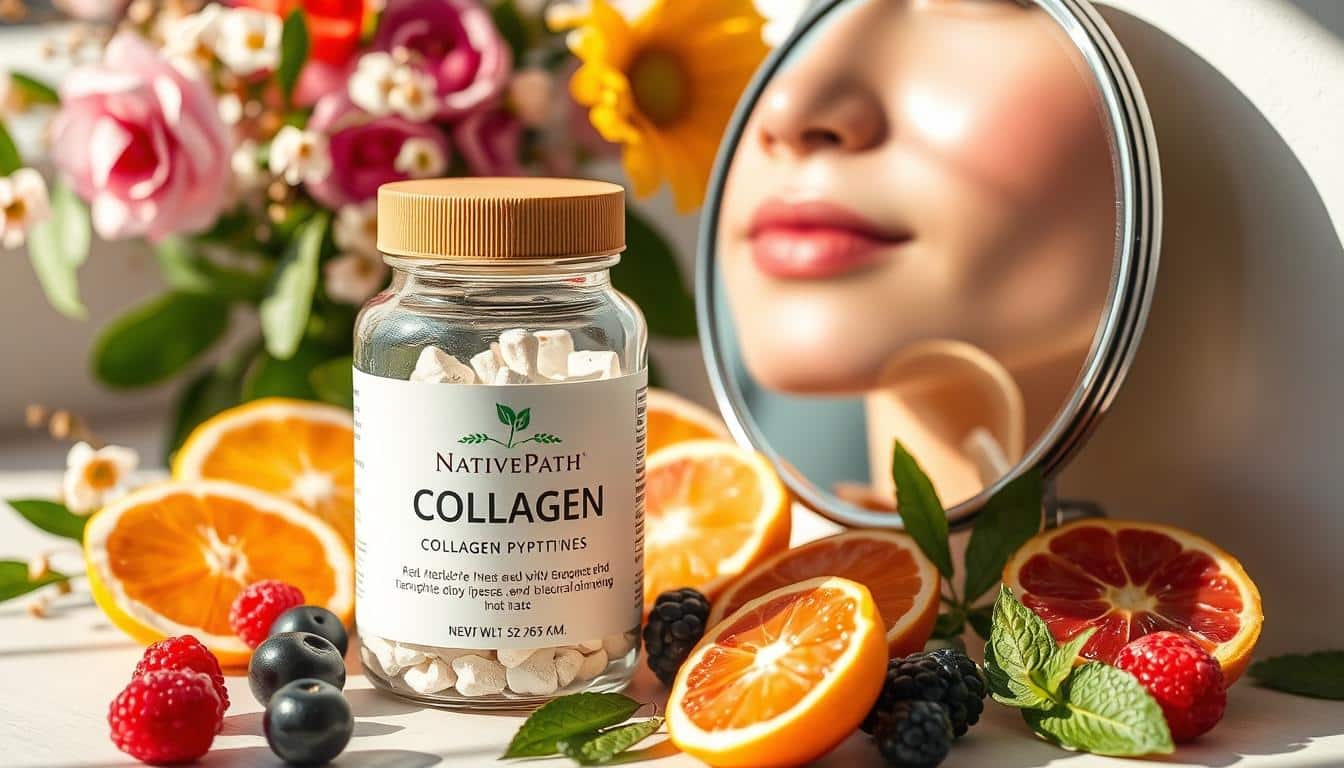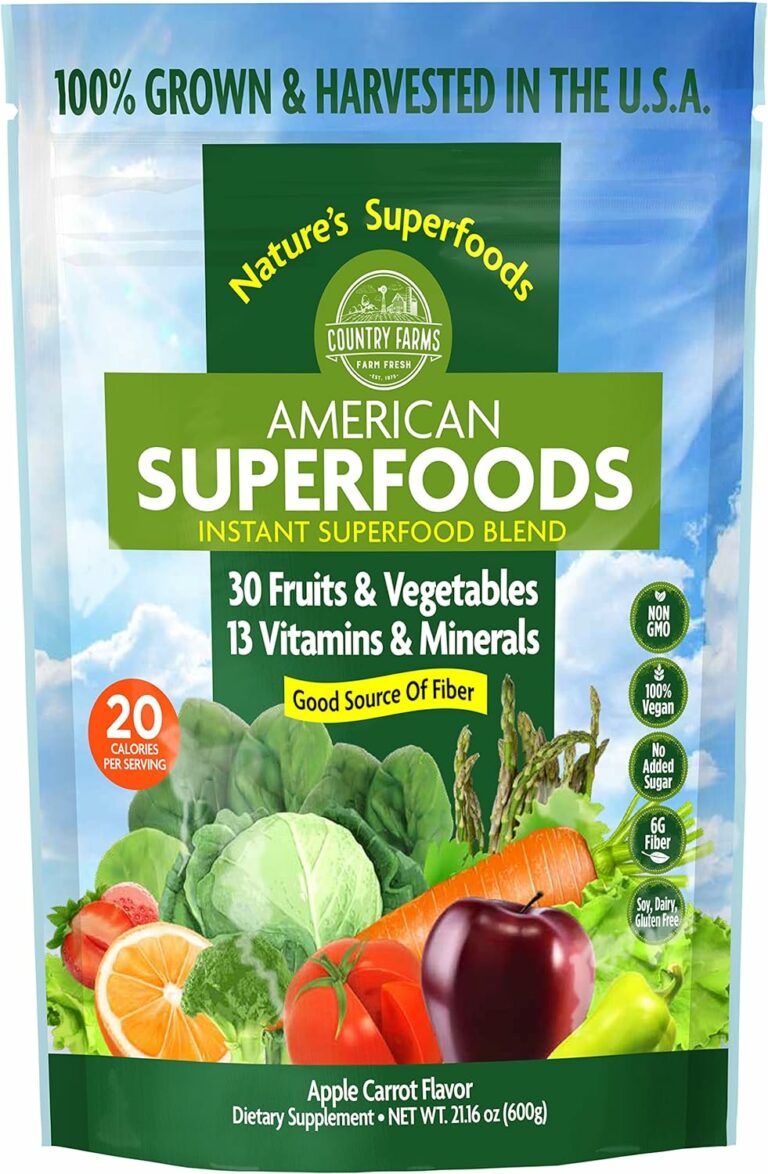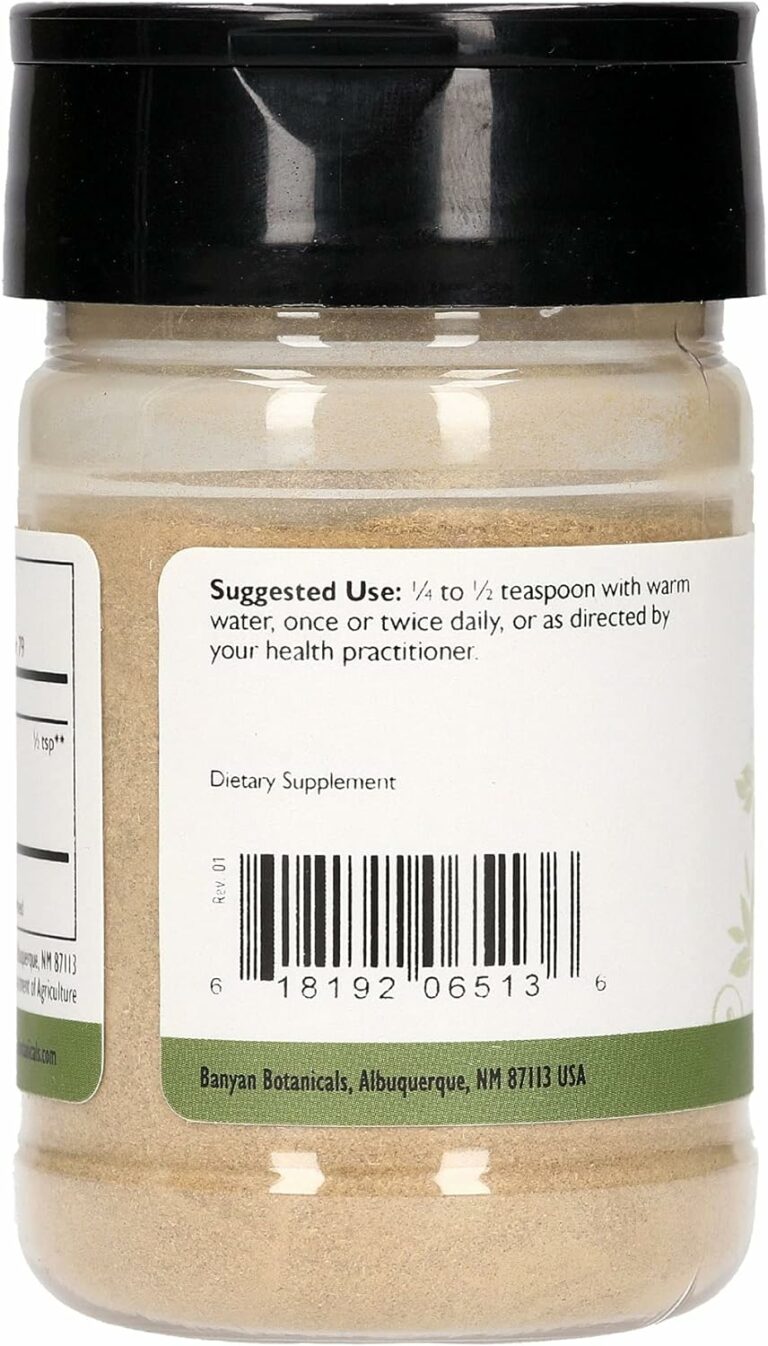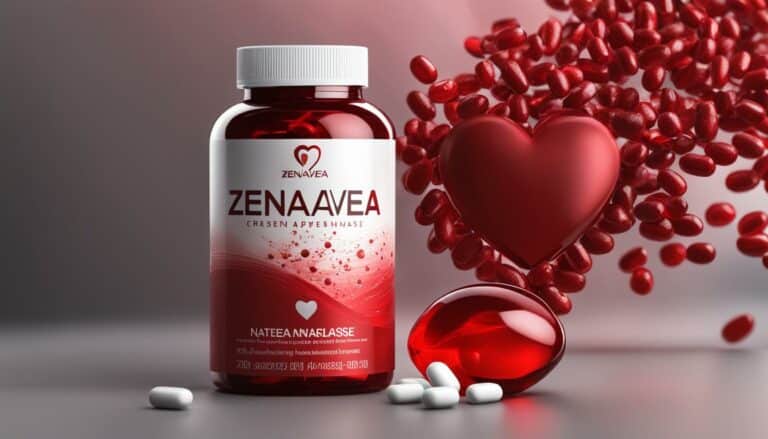Best Collagen Peptides for Healthy Skin and Joints
Do you remember when your skin was smooth and your joints felt great? As we get older, things change. But there’s hope. Collagen peptides can help make your skin look younger and your joints feel better.
I used to notice wrinkles and feel stiff. Then I found collagen peptides. They’re a key part of my fight against aging. They help my skin and joints stay healthy.
Collagen peptides are a real way to fight aging. They’re not just a myth. They can make your skin look better and your joints feel less sore. But, our bodies make less collagen as we age. That’s why we need to take supplements.
In this guide, we’ll look at the top collagen peptides. We’ll talk about how they work and their benefits. If you want to look younger or feel less pain in your joints, you’re in the right place.
Key Takeaways
- Collagen production decreases by 1-2% annually starting in our 30s
- Collagen peptides can improve skin appearance and reduce joint pain
- Daily doses range from 2.5 to 15 grams for optimal benefits
- Results may take 8 weeks for skin and up to 6 months for joint health
- Collagen supplements are derived from animal sources only
- Consistent intake is key for noticeable improvements
What Are Collagen Peptides?
Collagen peptides are full of amino acids. They help our body stay strong and healthy. They come from animals and are good for our skin, joints, and bones.
Definition of Collagen Peptides
Collagen peptides are short amino acid chains. They come from collagen protein. They are easy for our bodies to absorb, making them popular for boosting collagen.
Difference from Collagen
Collagen peptides are different from regular collagen. They go through hydrolysis. This makes them smaller and easier to digest.
Because of this, our bodies can use them better. This is why they are more bioavailable.
Sources of Collagen Peptides
Collagen peptides come from animals:
- Bovine (cow)
- Marine (fish)
- Poultry (chicken)
Each source has its own benefits. For example, marine collagen is great for the skin.
“Starting in our 30s, our bodies produce 1%-2% less collagen protein per year.”
As we get older, our collagen levels go down. This is why taking collagen peptides is a good idea. They have 10g of protein and help with skin, hair, nails, and joints.
Health Benefits of Collagen Peptides
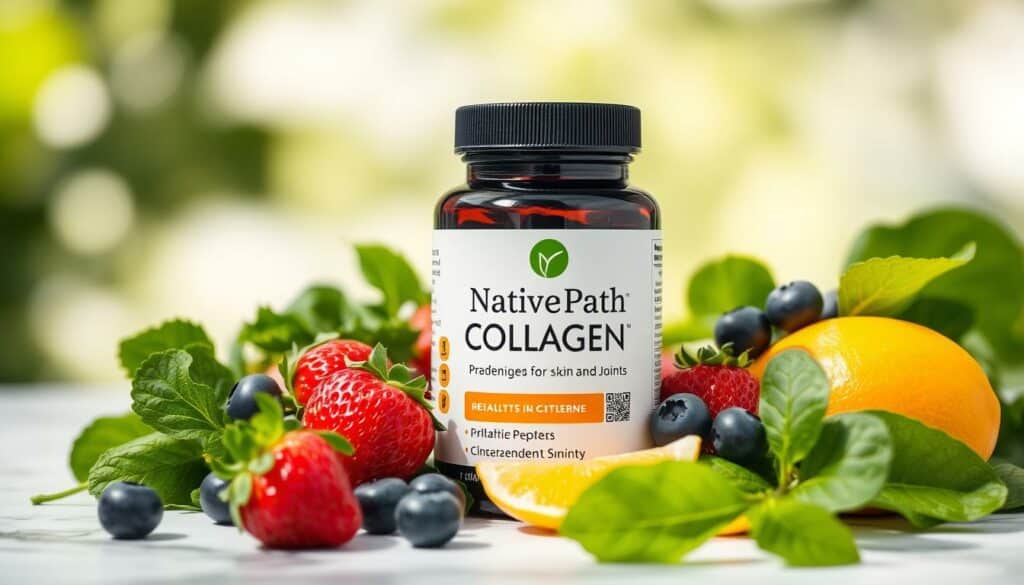
Collagen peptides help fight aging. Our bodies make less collagen as we get older. This leads to health problems. Let’s see how collagen peptides can help us stay healthy.
Skin Health and Elasticity
Collagen peptides are great for the skin. They can make wrinkles, cellulite, and stretch marks less visible. By 60, we lose most of our collagen. So, taking supplements is key to keep our skin elastic and moist.
Joint Health and Mobility
Collagen peptides are good for our joints. They have amino acids that help our joints move well. This is good for people with joint pain as they get older.
Muscle Mass and Strength
Collagen peptides help with muscle recovery and strength. They have glycine, which helps turn glucose into energy. This can help with weight control. Taking collagen supplements can make muscles stronger and help recover faster after working out.
| Age Group | Collagen Production | Recommended Supplement Use |
|---|---|---|
| 35-40 | Begins to slow | Preventative |
| 40-60 | Depletes faster than reproduction | Regular |
| 60+ | Over 50% depleted | Essential |
Adding collagen peptides to your daily routine can show results quickly. You’ll see changes in a few weeks. After 1-2 months, you’ll notice even more benefits. Collagen peptides do more than just improve skin. They help with nail and hair health, too, making you feel better overall.
Types of Collagen Peptides
Collagen types are key to our body’s health. Let’s look at the main types of collagen peptides and their benefits.
Hydrolyzed Collagen
Hydrolyzed collagen is easy for our bodies to use. It’s broken down into smaller pieces. This makes it better for us to absorb.
It’s often used in supplements because it works well.
Marine Collagen
Fish collagen, or marine collagen, is full of Type I collagen. It helps with wrinkles and makes skin stretchy. It also helps bones and heals wounds.
Bovine Collagen
Grass-fed collagen comes from cows. It has Types I and III. These help skin, hair, nails, and joints.
Choose high-quality bovine collagen from grass-fed cows. This ensures it’s pure and works well.
| Collagen Type | Main Benefits | Common Sources |
|---|---|---|
| Type I | Skin elasticity, hydration | Marine Collagen, Grass-fed Collagen |
| Type II | Joint health | Bone Broth Protein |
| Type III | Gut healing, skin improvement | Grass-fed Collagen Peptides |
For the best health, use different high-quality collagen sources often. This helps all types of collagen in our body. It boosts our overall health and energy.
How to Choose the Right Collagen Peptides
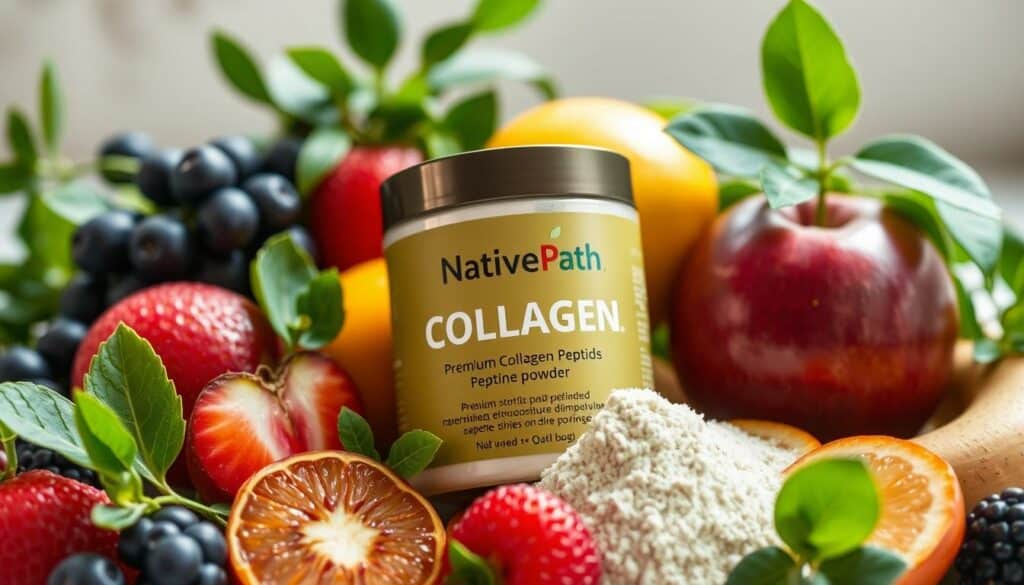
Finding the right collagen peptides is like searching for the fountain of youth. There are many choices. It’s important to look at the quality of the collagen supplement to get the best benefits. Let’s look at what to consider when picking your collagen supplement.
Consider Your Health Goals
Collagen types help with different health areas. Type I and III are good for skin, hair, and nails. Type II helps with joints. Knowing your health goal helps narrow down your choices.
Assessing Quality and Purity
Look for third-party certifications for quality. NSF Certified for Sport and Informed Choice Certified are good. They test for purity and banned substances. These ensure you get a clean product without harmful stuff.
Understanding Types of Collagen Sources
Collagen peptides come from different sources. Each has its own benefits:
- Bovine collagen: Rich in Types I and III, great for skin and joint health
- Marine collagen: High in Type I, easily absorbed for skin benefits
- Multi-source collagen: Combines different types for all-around support
| Collagen Source | Main Types | Key Benefits |
|---|---|---|
| Bovine | I and III | Bone, tendon, skin health |
| Marine | I | Skin hydration, wrinkle reduction |
| Multi-source | I, II, III | Comprehensive support |
When picking collagen, choose grass-fed or wild-caught for top quality. Check the collagen and protein in each serving. Also, look for vitamin C to help your body use the collagen better.
“Choosing the right collagen peptides is about aligning the product with your specific health needs and ensuring its quality through reputable certifications.”
By focusing on these points, you’ll find a collagen supplement that fits your health goals and lifestyle.
Top Brands for Collagen Peptides
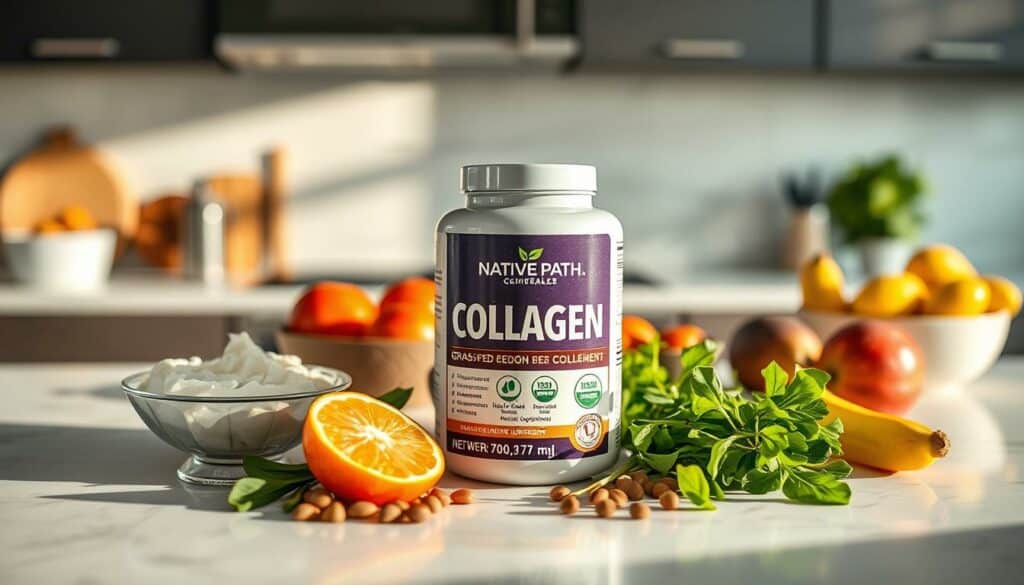
The market for collagen supplements is growing fast. Many high-quality options are now available. Let’s look at some top brands for premium collagen peptides.
Vital Proteins
Vital Proteins is known for its Marine Collagen Peptides. It costs $39.00 for a 7.8 oz container. This product is paleo-friendly and free from gluten, dairy, and artificial sweeteners.
Customers love it for its benefits to skin, joints, and beauty. You can get a 15% discount and free shipping with a subscription.
Sports Research
Sports Research offers Hydrolyzed Beef Collagen with 20g of protein per serving. It’s gluten-free, soy-free, and made from grass-fed collagen. People say it helps with joint pain, gut health, and muscle recovery.
The price is $39.99 for a one-time purchase or $29.99 with a subscription.
Ancient Nutrition
Ancient Nutrition’s Multi Collagen Protein has five types of collagen. It comes from bovine, chicken, fish, and eggshell membrane sources. Each serving has 8g of protein and an 8.6g Multi Collagen Complex.
It’s available in unflavored, cocoa, and raspberry lemonade flavors.
| Brand | Price Range | Protein per Serving | Key Features |
|---|---|---|---|
| Vital Proteins | $39.00 – $51.00 | 20g | Marine collagen, paleo-friendly |
| Sports Research | $29.99 – $39.99 | 20g | Grass-fed beef collagen, gluten-free |
| Ancient Nutrition | $31.95 – $44.95 | 8g | Five collagen types, multiple sources |
These top collagen brands offer many choices. Whether you want marine-based or multi-source collagen, there’s something for everyone. They support your health and beauty goals.
How to Incorporate Collagen Peptides into Your Diet
Adding collagen peptides to your diet is easy. You can increase your collagen without big changes in your eating habits.
Dietary Supplements
Collagen powder is simple to use. Mix it into coffee, smoothies, or water. BUBS Naturals Collagen Peptides, from grass-fed bovine, give 10 grams per scoop. They are non-GMO, keto-friendly, and safe from common allergens.
Food and Beverage Additives
Make your meals better with collagen. Add it to yogurt, oatmeal, or soup. For easy options, try single-serve packets. Marine collagen, at $39 for 7.8 oz (18 servings), is also popular.
Recipes with Collagen Peptides
Be creative with collagen recipes! Make protein-rich treats or add collagen to savory dishes. Here’s a simple smoothie recipe:
- 1 cup almond milk
- 1 banana
- 1 scoop collagen peptides
- 1 tbsp honey
- Ice cubes
Blend all ingredients until smooth. Enjoy your healthy drink!
Remember, being consistent is important. People see stronger nails and better skin in weeks. After 1-2 months, you might feel less joint pain and recover faster. Start using collagen today for a healthier tomorrow!
Recommended Dosage and Timing
Collagen peptides help your skin and joints. Knowing how much and when to take them is important.
Ideal Daily Intake
The right amount of collagen depends on your goals. For better skin, take 11 grams a day. If you’re building muscle, try 15 grams.
For strong bones, a 150-pound person should take 11 grams. These amounts help in different ways.
| Health Goal | Recommended Dosage |
|---|---|
| Skin Health | 11 grams (1 scoop) |
| Muscle Building | 15 grams (1.5 scoops) |
| Bone Health | 11 grams (for 150 lb person) |
| Hair, Skin, Nails, Joints | 1-3 scoops |
| Pain and Inflammation | 1-4 scoops throughout the day |
Best Times to Take Collagen Peptides
When you take collagen matters. It works better on an empty stomach or with foods high in vitamin C. Some say taking it at night helps too.
Loading Periods for Maximum Benefits
Being consistent with collagen is important. For best results, use it every day for months. Many see changes in 8-12 weeks.
Remember, everyone is different. Always talk to a doctor before starting any new supplement.
“The fountain of youth might be a myth, but the scientifically proven benefits of collagen are very real.”
Potential Side Effects of Collagen Peptides
Collagen peptides are good for your skin, joints, and health. But, it’s important to know about side effects and safety. Most people are okay, but some might feel a little sick.
Common Reactions
Many people like collagen peptides, but some might feel a bit sick. This can be bloating, feeling full, or a little diarrhea. These feelings usually go away as your body gets used to it.
Precautions When Using Collagen
Start with a small amount of collagen and slowly add more. Drink lots of water while taking it. If you’re allergic to fish or eggs, make sure to check the collagen source. Collagen peptides can cause skin reactions like rashes in rare cases. It’s a good idea to do a patch test first.
When to Consult a Healthcare Professional
If you’re pregnant, nursing, or have had kidney stones, talk to a doctor first. If you keep feeling sick or don’t see any changes in your skin or joints after 3-4 months, see a doctor. They can tell if collagen is good for you or if you need to make changes.
| Collagen Type | Common Sources | Typical Daily Dose |
|---|---|---|
| Hydrolyzed Collagen | Bovine, Porcine | 2.5-15 grams |
| Marine Collagen | Fish | 2.5-10 grams |
| Type II Collagen | Chicken | 40 mg |
Collagen peptides can help your skin and joints, but they’re not a magic fix. Eat well and get enough vitamin C, zinc, and copper to help your body make collagen naturally.
Collagen Peptides vs. Other Supplements
Collagen peptides are special in the world of protein supplements. They offer unique benefits. Let’s see how they compare to others.
Comparing Collagen to Gelatin
Collagen and gelatin come from animals but are different. Collagen peptides dissolve in cold or hot liquids. This makes them great for many recipes.
Gelatin dissolves only in hot liquids. It turns into a gel when it cools down.
Collagen Peptides vs. Other Protein Sources
Collagen peptides have a special mix of amino acids. They are full of glycine, proline, and hydroxyproline. These are good for your skin, joints, and bones.
Unlike plant proteins, collagen comes only from animals. So, it’s not for vegans.
Stability and Bioavailability Differences
Collagen peptides are more stable and easy for the body to use than whole collagen. This is why they are a top choice for supplements.
Many people see better skin and joint health after using them regularly.
| Supplement | Solubility | Bioavailability | Best For |
|---|---|---|---|
| Collagen Peptides | High (cold/hot) | High | Skin, joints, bones |
| Gelatin | Low (hot only) | Medium | Gut health |
| Whey Protein | High | High | Muscle building |
Collagen is a big part of your body’s protein. For the best results, take 1-2 servings of high-quality collagen peptides every day. Choose ones from grass-fed or wild-caught animals.
Scientific Research on Collagen Peptides
Collagen research has made big steps forward. Studies on collagen have shown its benefits for skin, joints, and nutrition. Let’s look at the latest discoveries.
Recent Studies on Skin Aging
Studies on collagen peptides for skin are promising. They show collagen can make skin more elastic and hydrated. A study with Peptan found it helped skin density and reduced wrinkles.
Research on Joint Health
Collagen peptides also help with joint health. Trials show they can lessen joint pain and boost mobility. This is good for people with osteoarthritis or who do lots of physical activities.
Nutritional Perspectives
Collagen peptides are great for nutrition. They are very easy for the body to use, with about 57% of Peptan turned into amino acids. This makes collagen a top choice for keeping muscles strong and growing.
| Benefit | Research Findings |
|---|---|
| Skin Health | Improved elasticity and hydration |
| Joint Function | Reduced pain and increased mobility |
| Nutritional Value | High bioavailability and protein content |
More research is looking into collagen’s benefits for the gut, heart, and bones. As studies keep going, we learn more about how collagen peptides help our health and well-being.
FAQs About Collagen Peptides
Collagen peptides have become popular. Many ask about their benefits, safety, and how well they work. Let’s answer some common questions to help you understand them better.
Who Can Benefit from Collagen Peptides?
Collagen peptides help many people. They can improve skin, ease joint pain, and boost protein. Collagen benefits are seen in skin hydration and elasticity. They also help athletes with muscle and joint health.
Are Collagen Peptides Safe for Everyone?
Most people find collagen peptides safe. But, those allergic to fish or eggs should be careful. Pregnant or nursing women and people with health issues should talk to a doctor first.
Some collagen products have been recalled. So, choose well-known brands. Look for products that are paleo-friendly, gluten-free, and don’t have artificial sweeteners.
How Long Until You See Results?
Results from collagen peptides vary. Skin can look better in 8 weeks. Joint pain relief might take 3-6 months.
Hair and nail strength can improve over months. Studies show bone health benefits with long-term use. For best results, use collagen peptides regularly and eat well.

